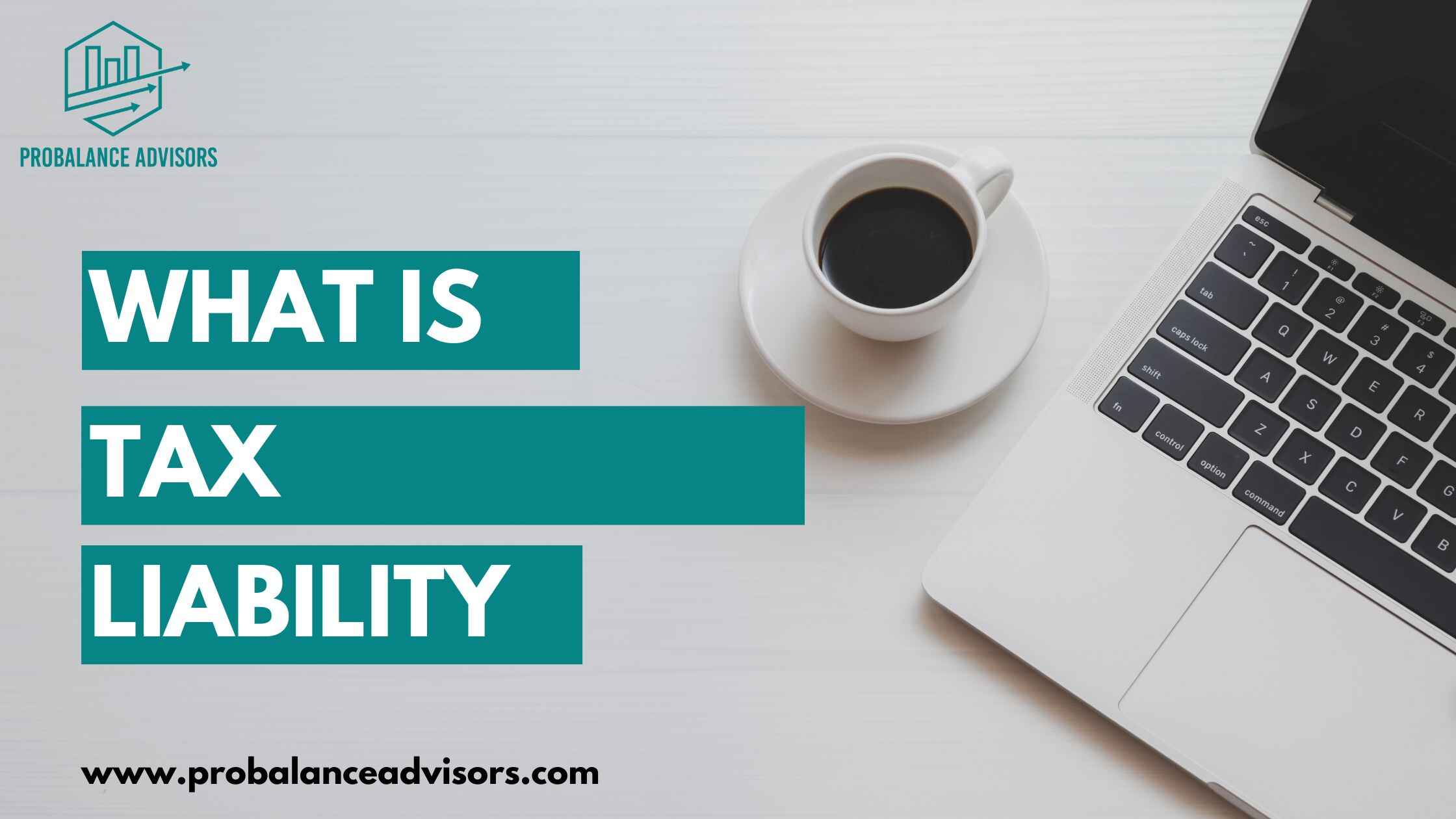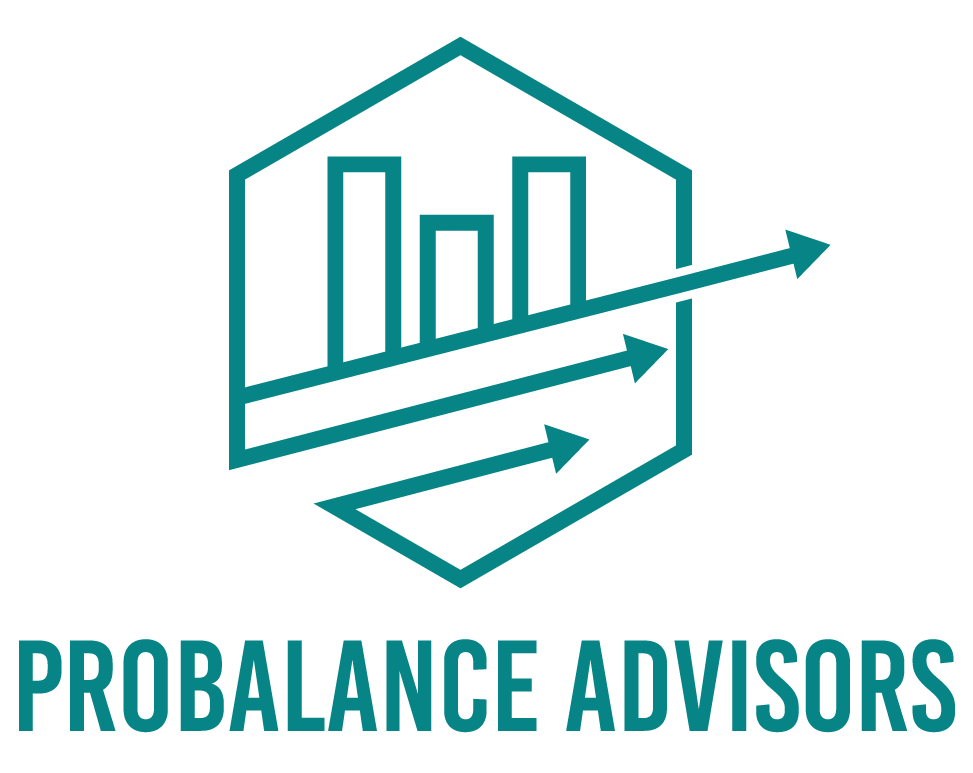
What is Tax Liability
Individuals, small business owners, and major corporations alike must be aware of their tax obligations when handling money. Your tax liability is the total amount of taxes you owe the government as a result of your earnings, income, and other financial actions. This incorporates an assortment of expense structures, each with own guidelines and calculations. This blog will discuss a variety of tax obligations, including those pertaining to sales, self-employment, payroll, small businesses, capital gains, and property. We’ll likewise go over what keeping appropriate records and taking duty derivations could mean for your expense commitments.
Tax Liability for Small Businesses
Tax liabilities for small business owners can take many different forms. It consists of:
Income tax: Determined by the company’s net profit.
Self-Employment Tax: For partners and sole proprietors, this includes Social Security and Medicare taxes.
Payroll Tax: This includes Social Security, Medicare, and unemployment taxes for businesses that employ people.
It is necessary to have a solid understanding of tax requirements and allowable deductions in order to manage these liabilities.
Income Tax Liability Accrued
The amount of taxes due depending on income received from employment or self-employment is known as earned income tax liability. These covers pay in the form of wages, salaries, bonuses, and other incentives. The tax rates and brackets change based on your filing status and income level.
Tax Liability for Businesses
The total amount of taxes that a business is required to pay, known as its business tax liability, may comprise:
Corporate Income Tax: Based on the profits of corporations.
Through-Passing Entities: S-corps and LLCs, among other business structures, pass through income to the owner’s tax return.
Comprehending these liabilities facilitates adherence to regulations and enhances budgetary planning.
Employer-Sided Tax Obligation
For self-employed people, Social Security and Medicare taxes are covered by their self-employment tax liability. For independent contractors, consultants, and small business owners who are not considered employees, this tax is essential. It is determined by net earnings and needs to be carefully planned for to prevent unpleasant shocks when taxes are due.
Payroll Tax Obligation
Employers are liable for payroll taxes, which are withheld from employees’ paychecks and matched by the employer. This comprises:
Withheld federal income tax in accordance with W-4 forms from employees.
Employer and employee contributions to Medicare and Social Security taxes.
Federal and state unemployment taxes are used to fund assistance for the unemployed.
Payroll tax compliance and avoiding fines depend on accurate payroll tax administration.
Liability for Sales Tax
The tax that a company is required to collect from clients on taxable sales is known as sales tax liability. States and localities have different requirements for this, and businesses are in charge of sending these taxes to the relevant government offices. Comprehending and effectively handling sales tax obligations is essential for businesses to steer clear of legal troubles and preserve their reputation.
Tax Liability on Capital Gains
Selling assets like stocks, bonds, or real estate results in a capital gains tax obligation. The length of time the asset was kept and the kind of gain (long-term vs. short-term) determine the tax rate. Effective capital gain management and reporting can greatly reduce your overall tax liability.
Tax Liability on Property
Property taxes are the taxes that are due on real estate that is owned by companies or individuals. This tax is usually imposed by local governments and is determined by the assessed value of the property. Effective management of these liabilities can be achieved by keeping up with property tax rates and exemptions. Tax Liabilities and Tax Deductions
Tax deductions lower taxable income, which lowers the amount of taxes owed. Common deductions for both people and companies consist of:
Business expenses include utilities, travel, and office supplies.
Deduction for Home Office: Available to qualified home-based enterprises.
Interest and Depreciation: on loans and assets used by businesses.
Making the most of your deductions will help you pay much less in taxes altogether.
Record-keeping and Tax Liability
Keeping accurate records is essential to controlling your tax liability. Maintaining precise and well-structured documentation of earnings, outlays, and credits guarantees:
Compliance: Staying out of trouble with the law and avoiding audits.
Accuracy: Making sure taxes are filed correctly and maximizing deductions.
Efficiency: Simplifying financial analysis and tax preparation.
Maintaining a thorough recordkeeping system will assist you in staying on top of your tax obligations and avoiding expensive errors.
Stay Current with the Latest Accounting Guidance and Instruction
Keeping abreast with the latest accounting guidance and courses is essential for managing tax liabilities effectively. Regularly updating your expertise will help you navigate changes in tax legislation, maximize financial objectives, and maintain compliance. To keep up with the latest developments in accounting and taxation, look into reputable sources and training programs.








безплатен профил в binance
Thank you for your sharing. I am worried that I lack creative ideas. It is your article that makes me full of hope. Thank you. But, I have a question, can you help me?
ihtisham
How can we help?